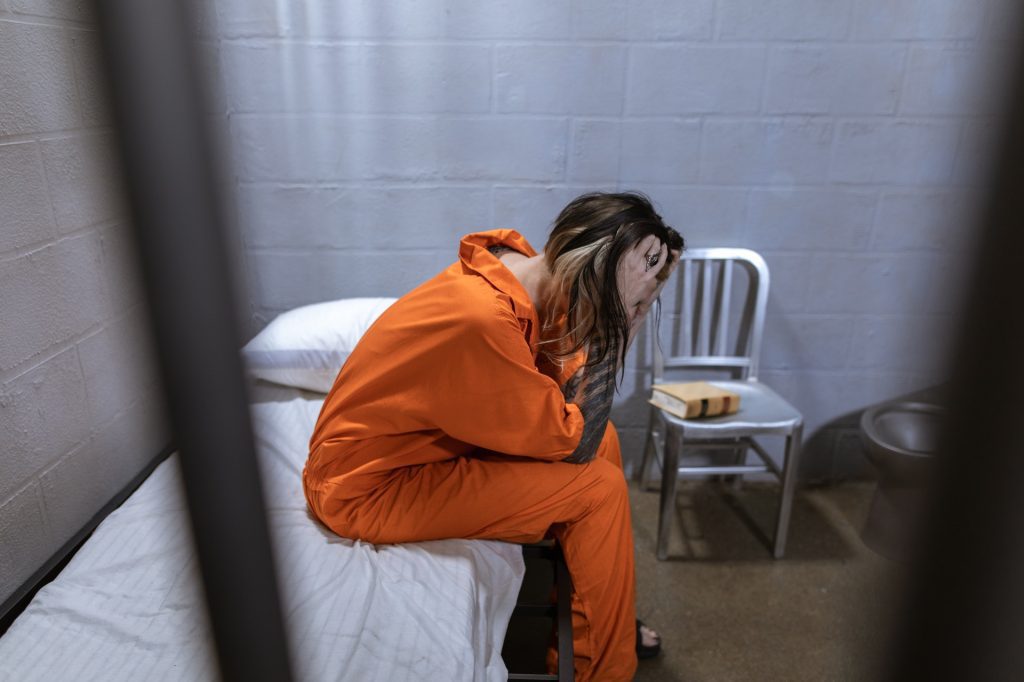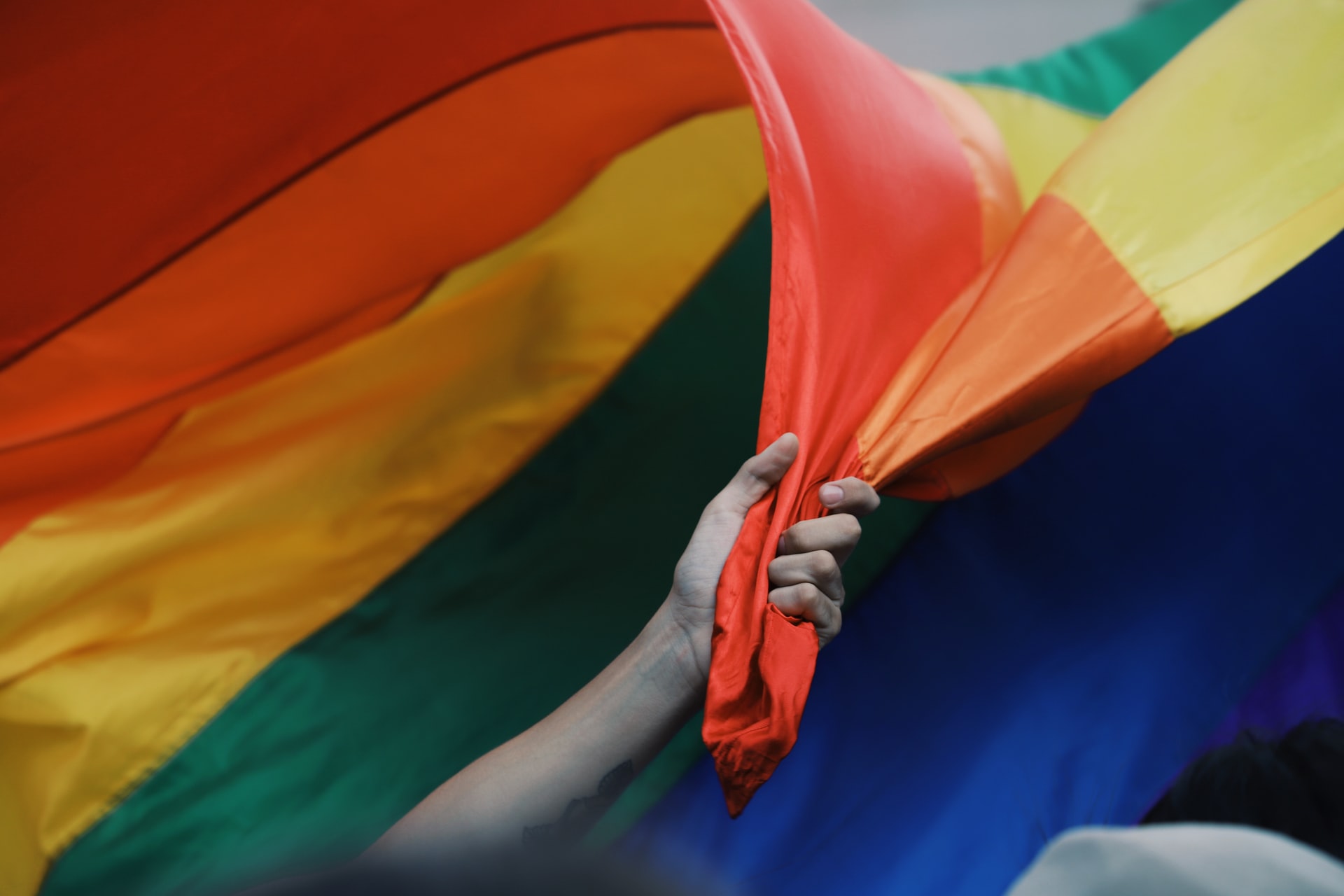People in the LGBTQ+ community can face high levels of discrimination both inside and outside prison. Prisons have an obligation to keep prisoners safe. But do they have specific protections for LGBTQ+ prisoners? Are LGBTQ+ rights protected in prison?
What rights do LGBTQ+ people have in prison?
LGBTQ+ individuals have the same basic rights as any other person in prison. All prisoners have the right to be free from cruel and unusual punishment. Everyone must also have equal access to facilities and programs. You must have access to necessary medical care for serious medical conditions as well.
Your institution also has a responsibility to protect your safety. You have the right to be safe from other prisoners and staff. You also keep your constitutional right to freedom of expression and religion. Prisons may limit these rights, but they do not go away completely.

Do prisons have special protections for LGBTQ+ people?
Yes. The Prison Rape Elimination Act (PREA) includes specific protections for LGBTQ+ people. PREA addresses the following areas:
- Employee Training (§§115.31, 115.231, and 115.331). The Bureau of Prisons requires employees to receive specialty training. This training teaches employees how to better communicate with LGBTQ+ prisoners.
- Screening Information (§§115.41, 115.241, and 115.341). BOP employees screen prisoners for signs of abuse. In their reports, they must consider someone’s LGBTQ status or perceived status.
- Housing and Programming Placement (§§115.42, 115.242, and 115.342). The BOP cannot segregate LGBTQ+ people in housing based only on their sexual orientation or gender identity.
- Sexual Abuse Incident Reviews (§§115.86, 115.186, 115.286, and 115.386). BOP employees must consider whether a prisoner’s status or perceived status as LGBTQ+ played a role in any incident of abuse.
PREA also addresses specific issues for transgender and intersex people.
- Housing and Programming Placement (§§115.42, 115.242, and 115.342). The BOP must make decisions on housing for transgender and intersex people on a case-by-case basis. Employees must take prisoners’ views of their own safety into consideration. The BOP must also review these housing decisions twice a year. Employees must allow transgender and intersex prisoners to shower separately.
- Cross-Gender Viewing and Searches (§§115.15, 115.115, 115.215, and 115.315). BOP employees cannot search transgender or intersex prisoners to determine their genital status. Employees must get this information through conversations with the prisoner. They can also use medical records to get this information. If needed, a medical professional can conduct an exam.
In addition, the Civil Rights of Institutionalized Persons Act of 1980 (CRIPA) allows the DOJ to look into cases of abuse at state facilities.

What can you do if someone violates your rights?
If someone violates your rights, you should report it as soon as you feel safe doing so. Talk to a trusted guard or administrator if you have one. Your prison also has a grievance process. Use this process if you feel safe. If you want to file a lawsuit later, you must go through this process.
You may not feel safe talking to anyone at your institution. In that case, you can write a letter to the Office of the Inspector General. Send that letter to the following address:
U.S. Department of Justice
Office of the Inspector General
950 Pennsylvania Avenue NW
Washington, DC 20530-0001
The Takeaway:
LGBTQ+ members have the same basic rights as other prisoners. The Prison Rape Elimination Act also offers additional specific protections. If someone violates your rights, you have ways to address it.






